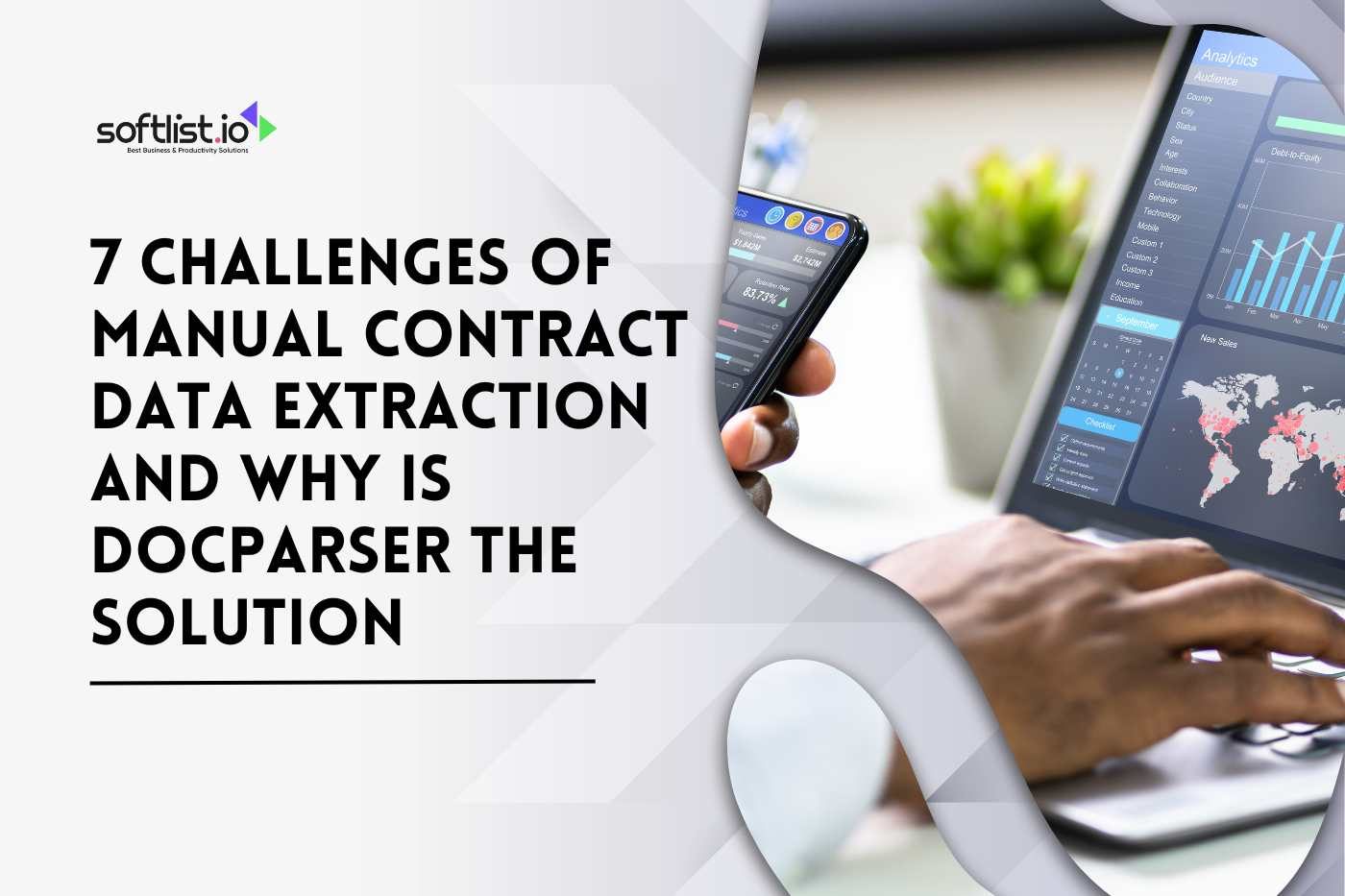Choosing the right cybersecurity service is super important and can be quite tricky. As hackers get smarter, finding a company that can protect your business’s online information is crucial.
There are many things to consider: Does the company know its stuff? Can it keep up with new types of cyber attacks? Will it fit your business needs well? If you don’t pick the right one, your business could be open to attacks, and you might even waste money or break some rules without meaning to.
So, it’s essential to take your time and find a cybersecurity partner who can handle the job and match your company’s needs well. With this in mind, let’s dive deeper into what you should look for in a cybersecurity service company.
1. Risk Profile Alignment
Start by ensuring that your cybersecurity service solutions are well-suited to your organization’s specific security needs and risk profile.
This means understanding the types of threats most relevant to your business, recognizing the sensitivity of the data you need to protect, and being aware of your compliance obligations.
It’s about finding a solution that doesn’t just add security, but one that adds the right type of security for your specific situation.
2. Vendor’s Development Practices and Policies
The integrity of your cybersecurity service provider is as crucial as the services they offer. Choose a vendor that maintains stringent secure development practices and has zero-trust policies.
This is vital to minimize risks and ensure their platforms do not become attack conduits. A good vendor will be transparent about their practices and willing to discuss how they safeguard their development processes.
3. Advanced and Additional Protections
Always look ahead. Evaluate whether the cybersecurity service solutions provide advanced protections or features beyond your current capabilities.
Consider what risks you might face if you do not enhance your defenses. It’s not just about meeting today’s needs but also about anticipating tomorrow’s threats.
4. Diverse Cybersecurity Solutions
Cyber threats come in many forms, so your defenses must be equally diverse. Seek cybersecurity service solutions that address various attack vectors and are tailored to meet specific threats relevant to your business.
Avoid generic, one-size-fits-all solutions; opt instead for those that can be customized to provide the most effective protection for your unique environment.
5. Endpoint Security Protection and Monitoring

Source: Canva Pro
Ensure your cybersecurity service package includes robust endpoint security and monitoring capabilities. Your employees’ devices are often the first line of defense—and the first point of attack. Comprehensive monitoring and protective measures for these endpoints are essential to maintain your network’s and data’s integrity.
6. Time to Measurable ROI
It’s important to assess not only the capabilities of a cybersecurity service solution but also its efficiency in delivering measurable improvements. Consider how quickly you can see a return on your investment, including reductions in incident rates, improved response times, and cost savings from avoided breaches. Choose solutions where you can track these metrics to validate the investment.
7. Integration Ease
Look for cybersecurity service platforms that can be easily integrated with your IT infrastructure. Seamless integration is crucial to maintaining uninterrupted operations and ensures that new security measures enhance, rather than disrupt your business processes. A solution that fits well with your current systems minimizes the need for extensive modifications and training.
8. Scalability
As your business grows, your cybersecurity needs will evolve. Ensure that the cybersecurity service solutions you choose can scale accordingly. Scalable solutions are designed to handle increased loads and more complex security needs without requiring a complete overhaul, providing better long-term value.
9. Adaptability to New Technologies
Cyber threats are constantly evolving, as should your cybersecurity measures. Opt for cybersecurity service platforms that are flexible and can easily integrate new technologies. This ensures that your security posture can adapt to changes and incorporate the latest advancements in cybersecurity technology to combat emerging threats.
10. Complexity and Usability

Source: Canva Pro
Consider the complexity of the cybersecurity solutions and their usability. While complex solutions offer robust protection, they also require significant resources and training to operate effectively, potentially leading to higher operational costs and lower overall effectiveness. Aim for solutions that strike a balance between sophistication and user-friendliness to ensure they can be utilized effectively by your team.
11. Cost and Productivity Benefits
It’s crucial to ensure that the cybersecurity service solutions you consider not only protect your business but also contribute to its growth and sustainability. Evaluate how the solutions can enhance productivity and efficiency.
Clear, measurable impacts, such as reduced downtime, fewer data breaches, and less time spent on incident resolution, should justify the investment. A solution that enhances security while boosting productivity is an invaluable asset.
12. Cyber Incident Response
Opt for a cybersecurity service platform that includes robust incident response capabilities. This means the platform should have procedures and tools to quickly identify, respond to, and mitigate the effects of cyber incidents. Effective incident response capabilities can significantly reduce the potential damage from security breaches.
13. Network Security Monitoring
Continuous monitoring of your network is essential for early detection of potential threats and vulnerabilities. Choose a solution that offers comprehensive network security monitoring to ensure constant vigilance and proactive management of security risks.
14. Regulatory Compliance
Compliance with regulatory requirements is non-negotiable. Ensure that any cybersecurity solution you adopt complies with the privacy and security laws applicable to your jurisdiction, such as the General Data Protection Regulation (GDPR) in the European Union or the California Consumer Privacy Act (CCPA) in California. This will not only protect you from legal repercussions but also build trust with your customers and partners.
15. Risk Assessment Services

Source: Canva Pro
Finally, consider whether the cybersecurity service provider offers risk assessment services. These services help you understand your current risk landscape and identify areas where your defenses are lacking. A thorough risk assessment can guide your decision-making process by highlighting the most critical security needs and ensuring that the solutions you choose address these effectively.
How Do Cybersecurity Companies Safeguard Organizations?
Cybersecurity companies employ various strategies and tools to protect organizations from cyber threats. These are some key methods they use:
- Threat Detection and Monitoring: Cybersecurity firms use advanced monitoring systems to detect and track potential threats in real time. These systems analyze network traffic and system activities to identify unusual or suspicious patterns that may indicate a security breach.
- Firewalls and Intrusion Detection Systems (IDS): These are among the first lines of defense in a network security setup. Firewalls control incoming and outgoing network traffic based on predetermined security rules, while IDS systems inspect traffic for signs of attacks.
- Antivirus and Anti-malware Software: These cybersecurity tools protect against malware, including viruses, worms, and ransomware. They scan computers and networks to detect and remove malicious software.
- Data Encryption: Encrypting data makes it unreadable without the correct decryption key. This is crucial for protecting sensitive information both at rest and during transmission over networks.
- Access Control: Cybersecurity service companies implement strict access control measures to ensure that only authorized personnel can access sensitive information and critical infrastructure. This often involves multi-factor authentication and the principle of least privilege.
- Security Awareness Training: Human error is a significant risk factor in cybersecurity. Companies often train employees on security best practices, such as identifying phishing emails and secure password protocols.
- Regular Security Audits and Penetration Testing: Regularly assessing an organization’s security posture through audits and simulated attacks (pen testing) helps identify vulnerabilities that must be addressed.
- Incident Response and Recovery: Cybersecurity firms often have specialized teams ready to respond to security incidents. These teams work to contain the breach, assess damage, recover lost data, and prevent future incidents.
- Cloud Security: As many organizations use cloud-based services, cybersecurity firms provide specialized security services for cloud environments. These include securing data in transit and at rest and managing user access.
- Compliance and Regulatory Support: Many industries have specific regulatory requirements related to cybersecurity. Cybersecurity companies help organizations comply with these regulations, such as GDPR, HIPAA, or PCI DSS.
Final Thoughts
If you want to keep your business safe online, you need to hire the right cybersecurity services company. Consider their skills, how they deal with new threats, and whether they are a good fit for your business. It’s essential to make the right choice to keep your details safe.
If you want to know more about how to choose the best cybersecurity service. Check out our cyber security services article on our website. It has many helpful tips and information that can guide you in making the best choice for your business. Don’t miss out, learn how to boost your cyber defenses today!
Frequently Asked Questions
What is the typical cost structure for cyber security services?
Costs can vary significantly based on the service scope, company size, and industry specifics. Some companies charge a flat fee for certain services, while others may operate on a subscription basis. Ask for detailed quotes and compare pricing among several providers to understand what fits your budget and needs.
How do cybersecurity firms handle data privacy?
A reliable cybersecurity firm should have strict policies for handling sensitive information, complying with applicable data protection laws, and ensuring that data privacy is respected during security operations.
What should be included in a cybersecurity service’s package?
A comprehensive service package should include risk assessment, incident response, ongoing monitoring, and regular updates to security measures. Also, inquire about the scope of their services, like whether they offer endpoint security, cloud security, and employee training programs.
How does a cybersecurity company stay current with evolving threats?
Look for companies that invest in ongoing training and stay updated with the latest security trends and technologies. They should actively participate in cybersecurity communities, attend conferences, and engage with cybersecurity thought leaders.
What type of customer support should I expect from a cybersecurity company?
Effective cybersecurity firms offer robust customer support, which includes 24/7 monitoring and an accessible help desk for addressing security concerns and incidents. Responsive customer support can be crucial in mitigating threats quickly and efficiently.






